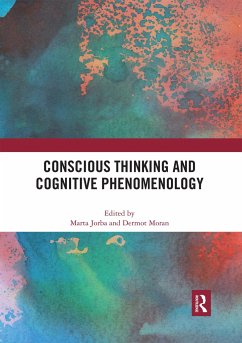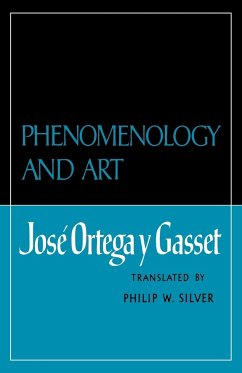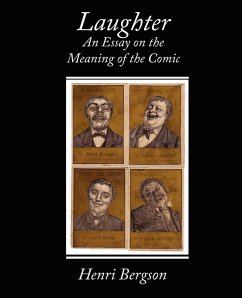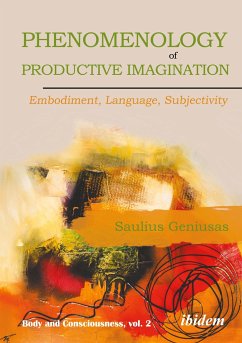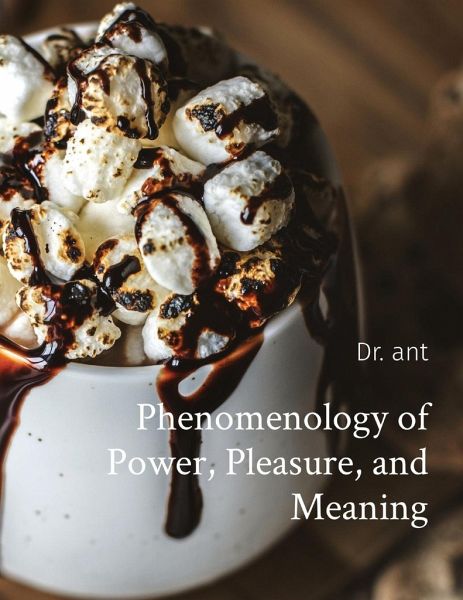
Phenomenology of Power, Pleasure, and Meaning
Versandkostenfrei!
Versandfertig in 1-2 Wochen
14,99 €
inkl. MwSt.

PAYBACK Punkte
7 °P sammeln!
The current book aims at demonstrating significant similarities between some doctrines found in the Holy Bible and given philosophical teachings of famous philosophers and psychologists from the second half of the XIXth and from the first half of the XXth century. As it seems, in the Holy Bible we could find all the wisdom of mankind; therefore, it is not by accident that many analogies could be drawn between the Book of Ecclesiastes and the philosophy of Ancient Greece, for instance, or between St. Paul's philosophy of love and Viktor Frankl's logotherapy. Interestingly enough, there are two ...
The current book aims at demonstrating significant similarities between some doctrines found in the Holy Bible and given philosophical teachings of famous philosophers and psychologists from the second half of the XIXth and from the first half of the XXth century. As it seems, in the Holy Bible we could find all the wisdom of mankind; therefore, it is not by accident that many analogies could be drawn between the Book of Ecclesiastes and the philosophy of Ancient Greece, for instance, or between St. Paul's philosophy of love and Viktor Frankl's logotherapy. Interestingly enough, there are two very special places in the Holy Bible where three types of philosophy are presented: the Parable of the Good Samaritan, and the Last Supper. As the story of the Good Samaritan (The King James version, Luke 10.25-37) tells us that he is a man who helped someone who had been attacked by robbers. The Good Samaritan is example for love towards the neighbor and for unselfishness. Our Lord tells the parable within the context of his message of love, to love our neighbors as ourselves, and to love God in the same way. This conception will be analyzed in the third chapter. Now, all we could say is that the robbers are example of a philosophy which will be referred to as philosophy of the will to power: they want to possess, to exploit, and to appropriate. This philosophy is well elaborated by the German philosopher Friedrich Nietzsche, a controversial and harshly criticized thinker. The opposite of the will to power is the will to love which includes altruism, unselfishness, and love towards the others. The Good Samaritan is ready to help and to make sacrifices (to give his own money) just to help one stranger. He sees neighbor, and not stranger, in the wounded man. The will to love is presented by St. Paul's doctrine of agape as infinite love towards the others and God. This philosophy is intermingled with another philosophy which here is referred to as philosophy of the will to meaning, and is endorsed by the philosopher and psychologist Viktor Frankl. For that reason, we shall look upon the both philosophies as the two parts of one whole. In the current book we shall use the term philosophy of meaning, but this implies that the philosophy of love as well will be addressed. The Good Samaritan demonstrates the basic principles of both philosophies, thus combining love and meaning.





